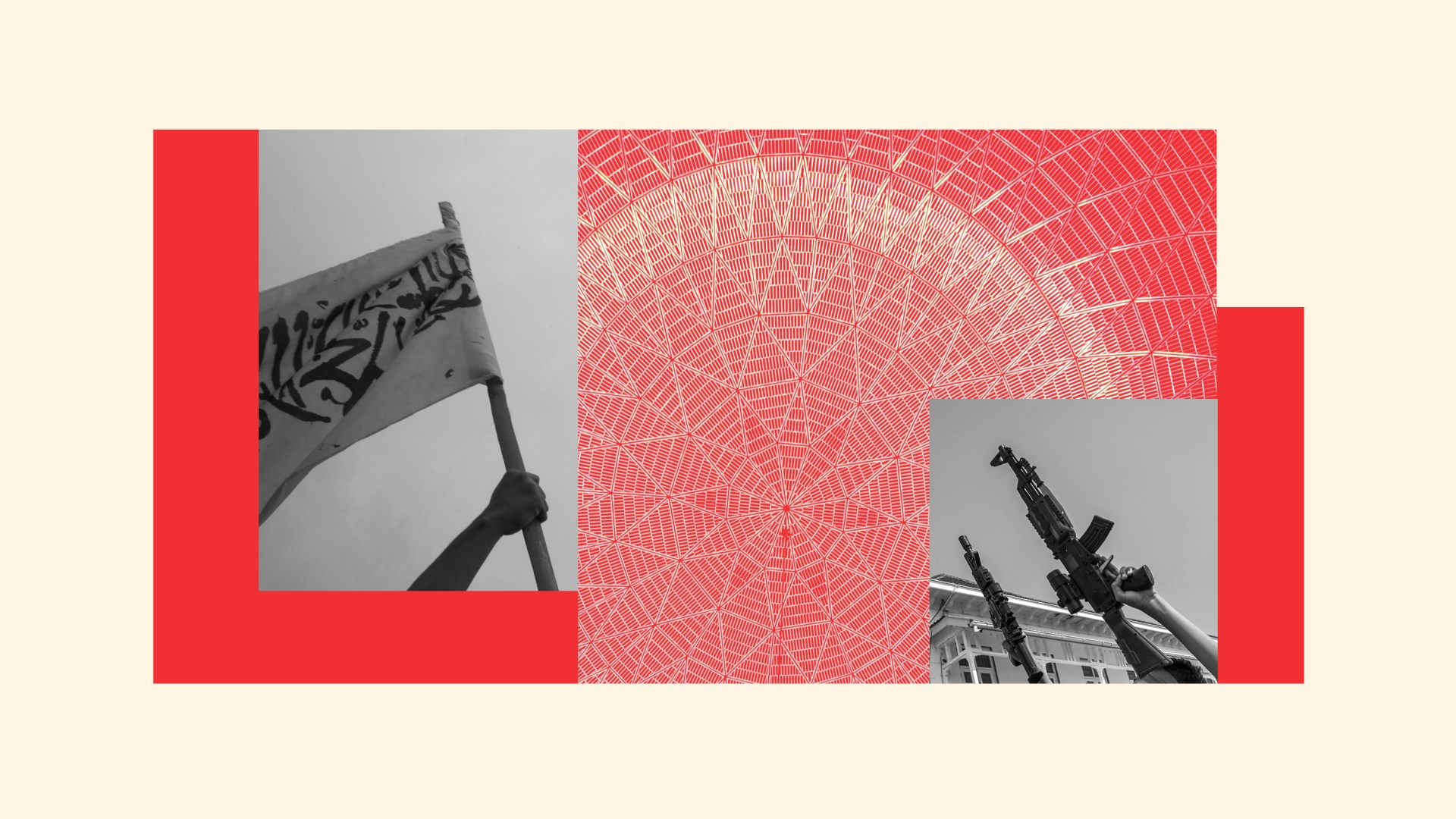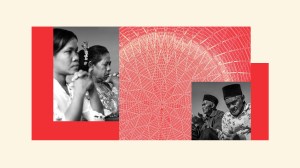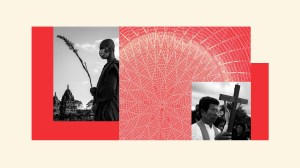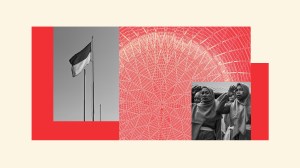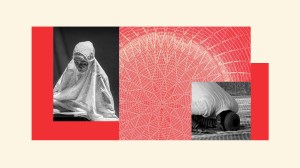In this series
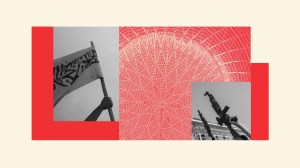
More than half of Indonesian Muslims are concerned with the growth of Muslim extremism in their nation, according to a special report by the Pew Research Center. The Muslim leaders on CT’s panel were asked about the history of conservative Islam and extremism in Indonesia and how the government is countering it.
Halim Mahfudz: I believe that very few Muslims think sharia should be applied on a national level. There have been individuals or groups that wanted to make Indonesia an Islamic state, such as the Darul Islam Movement and a separatist movement in the 1950s, but the Indonesian government suppressed them. A minority of Muslims supported it or agitated for it, as the groups were only confined to certain areas in West Java.
Acts of terror still occur on a case-by-case basis because these groups still consider terrorism their means to achieve objectives. They do not find any other way to attract attention and unleash their destructive impulses.
However, institutionally, organized terrorist movements are decreasing as these movements are increasingly constrained by the government and the participation of the citizens. We have also observed that in the past, terrorism in Indonesia was often associated with hardline groups, such as the Wahhabi in Saudi Arabia. But now there is no official connection between the groups.
Inayah Rohmaniyah: Research by Dutch anthropologist Martin van Bruinessen mentions a “conservative turn” in Indonesia in the past two decades, indicating that conservative, exclusive, and militant groups are resurging because of the opening of democratic channels during the Reform era [following the fall of the authoritarian President Suharto in 1998]. Previously they operated underground, but now everyone can freely express their views in the public sphere, so it’s natural for such groups to reemerge.
As long as Indonesia remains a democratic nation, conservative groups will continue to exist, as it’s part of their freedom of speech. There is a fear that these groups might destabilize the state or attempt to transform it into an Islamic state. However, this is merely friction in a democracy. They do not represent the majority.
Extremism is also a threat to Muslims because it damages the image of Islam. It hinders Islam from being rahmatan lil-alamin (mercy to all). The threat of extremism, which represents a minority group, is like a drop of poison in a whole pot of milk for Islam in this country.
There has been significant progress in efforts to counter extremist groups. The government has boldly disbanded HTI, a group that aimed to establish an Islamic state as it declared itself “at war against” efforts to preserve Pancasila and Indonesia. Besides the government, religious institutions and other civil society organizations also act as guardians.
Amin Abdullah: The growing conservatism trend depends on the social and political climate. In the 1990s, the Soviet-Afghan War and the Gulf War sowed the seeds of radical and extremist transnationalism movements that eventually made their way into Indonesia.
However, extremist and radical groups caused social disorder in places like in Afghanistan and Syria. If this happened in Indonesia, the image of Islam would be tarnished and human life and the nation would be in chaos.
But we don’t live in a vacuum. While things are fine within the country, there are issues outside that can affect us. Extremist or radical ideologies cannot be entirely eradicated. Yet we are thankful that there are regulations banning radical organizations. In October alone, the national counterterrorism agency arrested 18 terrorist suspects. The government must remain vigilant because when the government is active, acts of terrorism do not escalate.
Read our panelists’ bios in the series’ lead article, Parsing Pancasila: How Indonesia’s Muslims and Christians Seek Unity. (Other articles in this special series are listed to the right on desktop or below on mobile.)

